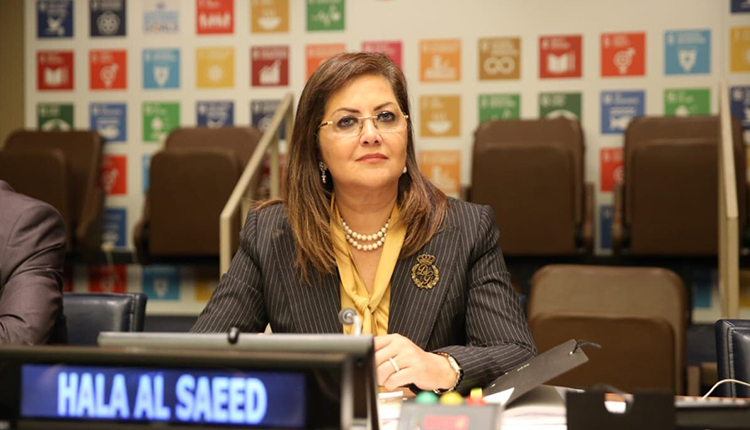Egypt targeting 50 million beneficiaries under Decent Life Initiative – minister
Egypt is looking to ensure that 50 million citizens in all underdeveloped villages nationwide will benefit from its Decent Life Initiative at an estimated cost of 500 billion Egyptian pounds ($32 billion) in the upcoming three years, Planning Minister Hala al-Saeed said on Monday.
During her revision of the implementation of the government’s ‘Egypt Kicks Off’ programme in front of parliament, al-Saeed said allocations for the first phase of the presidential initiative was set at 20 billion pounds to serve 375 villages.
The first phase covered approximately 4.5 million citizens, she added.
The initiative, launched by Egyptian President Abdel Fattah al-Sisi in early 2019, aims to provide better living conditions for the neediest rural villages in Egypt.
The minister further said the second stage of the initiative, launched in December, targets a total of 1,500 villages inhabited by 18 million citizens.
In addition, al-Saeed said that a plan of action is being developed, for the first time in Egypt’s history of economic reform, to transform the Egyptian economy into a productive, knowledge-based economy with competitive capabilities in the global economy.
She also shed light on the “Structural Reform Programme for the Egyptian Economy”, a plan of action being developed to implement structural reforms to encourage inclusive growth and create decent job opportunities.
Three productive sectors have been identified as a major priority for the structural reform programme, namely: sectors of agriculture, industrial, and communications and information technology, she explained, which are capable of creating job opportunities and providing sustainable foreign exchange.
She added in another statement that the government, in cooperation with the Ministry of Finance, will begin issuing green bonds to help finance green initiatives and investment projects.
This will double the percentage of green public investments from 15 percent in the current financial year to 30 percent in the 21/2022 year, eventually reaching 50 percent by the end of 2024/2025 year.
Additionally, she stressed the importance of Egypt’s Family Planning Programme, and how the imbalance between the rate of population growth and the size of resources can hurt prospects for development, effectively reducing per capita spending on education, health, housing, and transportation.


